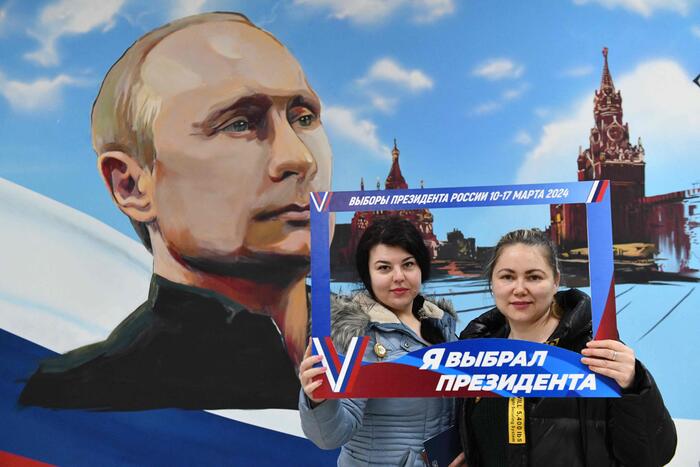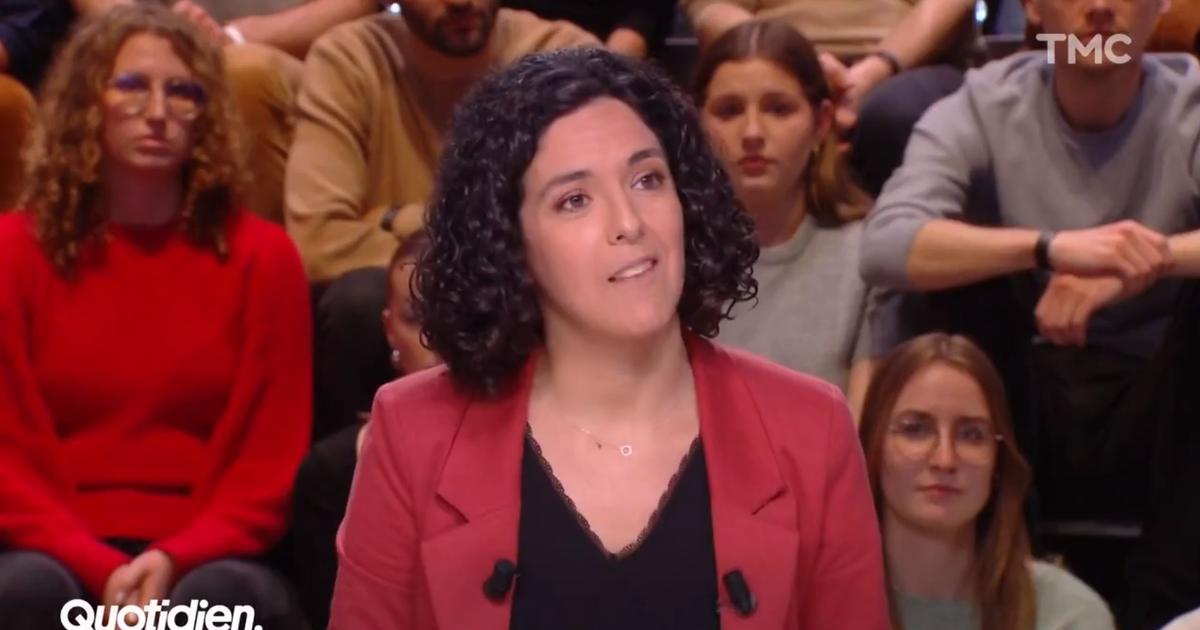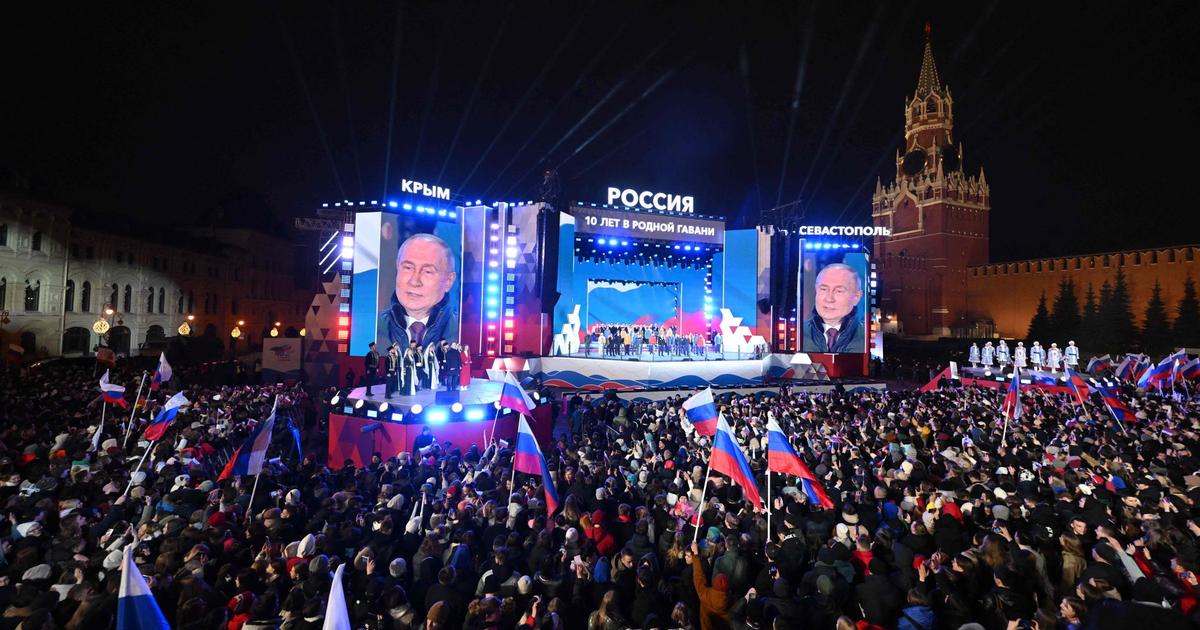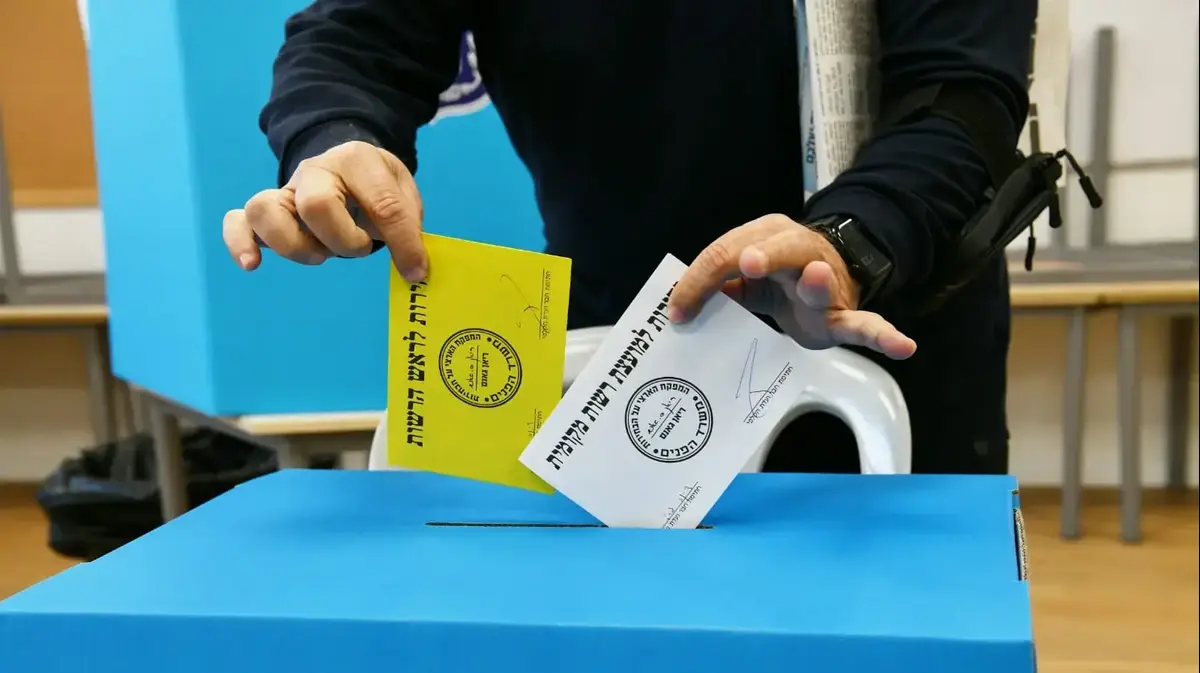A friend, an economist of great importance, told me a long time ago the anecdote of two of his colleagues who accidentally met at the voting table.
After a moment of embarrassment, one whispers to the other, "If you don't tell anyone, I won't either."
The joke is only immediately funny for those who understand, as an economist understands, that the act of voting is the most wasteful thing in the world: it imposes an enormous cost on us that does not even closely match the benefit, since time and energy that we invest in the process of going to the polls and casting our vote does not have, for the individual, any appreciable benefit, nor does it provide immediate benefits or tangible compensation beyond the hidden satisfaction of having fulfilled a duty as a citizen.
I, at least, have asked myself these days, now that Colombia is about to vote in the most tense and tense elections of my adult life: why do people vote?
Corruption is still there: before each important election, we Colombians discover again that votes are bought in the country, and that in some cases the business is highly sophisticated, and recordings of politicians negotiating positions in exchange for votes or votes for changing money and sometimes complaining about how expensive voting is these days: the equivalent of 12 euros each, where will we end up.
On the other hand, the violence is still there: it has always been part of the democratic process, and I am not just talking about the recent history of paramilitarism and guerrillas that dictated the votes of an entire community,
but also from our long tradition of political attacks.
The extreme right has eliminated whoever it wanted, sometimes entire parties and sometimes with the proven collusion of the State, and the extreme left has resorted to kidnapping and terrorism in that degraded war that the peace agreements dealt with (and continue to deal with) determine.
What is disconsolate is realizing—those of us who have the bad luck of memory or the useless habit of going through old newspapers—how little things have changed over time.
In a 1981 column, García Márquez wrote about the “passionate polarization” that the country was experiencing on the eve of the elections, and he continued, not without irony: “Not since I can remember have I seen the country in a state of prostration like this one, which has all the signs of a final crossroads.
What we need is not a president like so many others, but a providential savior.
We have never been worse."
Perhaps that has been our worst problem: the conviction, reiterated every four years, that we have never been worse.
But perhaps it is a national tradition: at the end of the 19th century,
the conservative party announced the dilemma with tones of the end of the world: “Regeneration or catastrophe”.
And a little more than a century later, the messianic president Álvaro Uribe did something similar, who, in the middle of a second term achieved through grotesque tricks, responded to the question about a second re-election as follows: "Only if there is a hecatomb."
For as long as I can remember, this disjointed country has been in the same situation, going to the polls with the impression of an imminent catastrophe or hecatomb, fueled by the apocalyptic discourse of politicians, or with the confused resignation of voting under threats or coercion. : from the guerrillas, from the paramilitaries, from the narco-terrorism.
The most peaceful elections we remember today were four years ago, when a president and ruling party were elected that immediately set about delegitimizing the peace accords: the very peace accords that had allowed or favored those peaceful elections.
And the well-armed fears of the Uribe right wing also planned for those elections: the possibility of becoming the new Venezuela, or of falling into something called Castrochavism.
yes
).
And under those fears the country voted.
Allow me a confession here: I have never voted for the winner of an election.
The only time the candidate of my choice has won, in 2014, reasons of force majeure prevented me from voting.
For the rest, I have never had the luck that others have, of seeing the country that I would like represented by the most popular candidate or the one with the most votes.
But not all defeats are the same.
The one that hurt me the most took place in 2006, when the Colombian Constitution was reformed through bought votes so that Álvaro Uribe, whose excesses some of us had already denounced, tripled the number of votes for my candidate, Carlos Gaviria: one of the most decent men who They have passed through Colombian politics.
At the time I knew that the country had lost an unrepeatable opportunity: to bring a true social democrat to power,
a man capable of governing for everyone, not just for his own, and allergic to all violence, not just that of others.
But Gaviria —academician, humanist, a man incapable of small or great corruption— represented values that in my political country are rather obstacles.
And so it has gone for us: that luck we have deserved.
And that is why the question that crosses this column does not seem too absurd or impertinent to me.
Of course I don't really know why people vote, but I am well aware that there are still many who vote for money (the 12 euros they get for lunch that day) or for various fears, sometimes justified or justifiable.
For the rest of us, those of us who have the curious fortune to vote freely, the vote can be many things: a form of rejection, reprobation and punishment, or sometimes, if we are lucky, a defense of a certain model of society that we would like to get closer;
but in any case the vote will always be a sublimated form of opinion, and in the opinions of a country there are both reasons and emotions, or both passions and irrationality.
Contrary to what many have predicted so many times, my country has never exploded into a thousand pieces, but neither can it be said that it has lived up to its possibilities or the opportunities that have been presented to it: rather it has been an expert in squander them, due to myopia or venality.
And here we Colombians go again this Sunday, each relying on their meager certainties.
Hopefully this time we give an opportunity to those who best embody our convictions, not those who promise to vindicate our grudges, our prejudices or our hatred.
Juan Gabriel Vasquez
is a writer.
His latest novel is
Looking back
(Alfaguara).
Exclusive content for subscribers
read without limits
subscribe
I'm already a subscriber

/cloudfront-eu-central-1.images.arcpublishing.com/prisa/J7VME2APY5GG5GD5NXGSCFHMTE.jpg)


/cloudfront-eu-central-1.images.arcpublishing.com/prisa/TP3BD7YNYFDP3JYTJUSHNEPYHQ.jpg)




